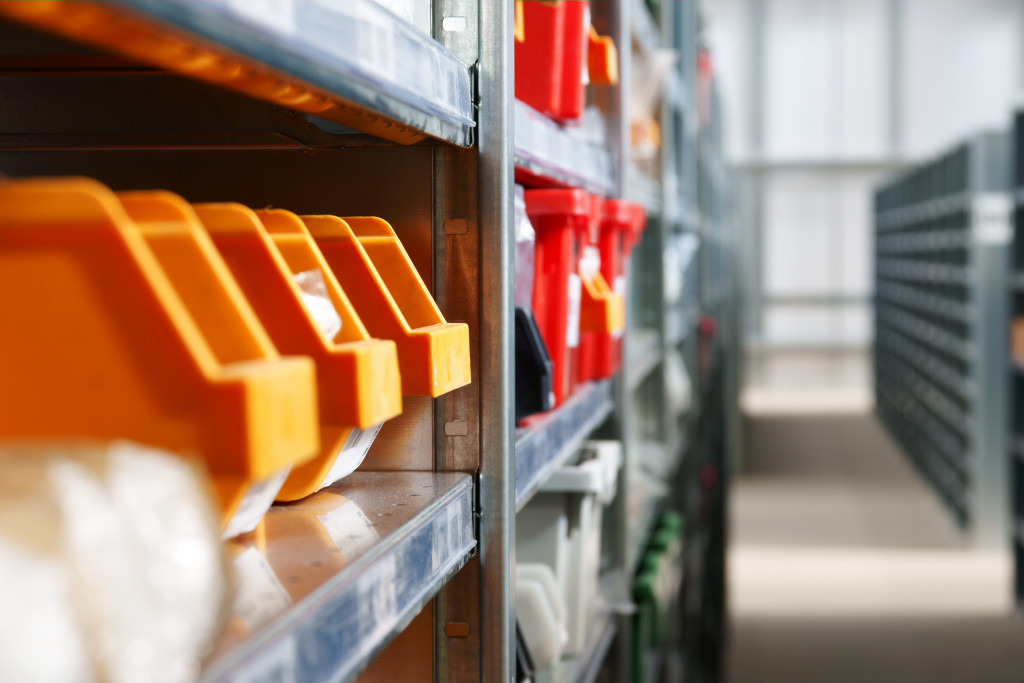- Building resilient hospitals involves creating an effective emergency preparedness plan, identifying potential threats, and training staff.
- Proper equipment management and maintaining a well-stocked emergency supply, including essential medications and medical skin adhesives, are vital.
- Investment in healthcare IT security for protecting sensitive patient data against cyber threats is crucial.
- Regular assessment and updates of security measures, alongside cultivating a culture of data security awareness, help safeguard patient information.
As a leader in the medical field, you know the importance of being prepared for emergencies. In the healthcare industry, emergencies can take on a whole new level of intensity. Medical facilities must be equipped to handle emergencies of all sorts, from natural disasters to cyberattacks. This is why building resilient hospitals is important. This blog post will explore emergency preparedness and equipment management in medical facilities.
Develop an Emergency Preparedness Plan
Planning is key to building resilience in hospitals. An emergency preparedness plan is essential in anticipating emergencies and preparing for them. This plan should include procedures for handling different types of emergencies, communication channels, and how to evacuate patients if a situation requires it. Here’s how to efficiently implement it:
Identify Potential Threats
The first step in creating an emergency preparedness plan is to identify potential threats. Assess the likelihood of cyberattacks, natural disasters, and other emergencies that could impact your facility. Identify the risks posed by these threats and develop a plan for how to manage them.
Train Staff on Preparedness Measures
Investing in preparedness measures is futile if your staff is not trained on what to do during an emergency. Train all staff members on the emergency preparedness plan, equipment management, IT security, and other measures in place to build resilient hospitals. Encourage regular training sessions and practice drills to keep everyone up-to-date on these preparations.
Ensure Proper Equipment Management
Medical facilities rely heavily on equipment such as ventilators, defibrillators, and other machines to provide patient care. Therefore, equipment management is critical in ensuring that all equipment is functional when needed. Have a proper maintenance routine in place to detect problems early and prevent equipment breakdowns. Additionally, have backup equipment ready in case of equipment failure to keep operations running smoothly.

Maintain a Well-Stocked Emergency Supply
During emergencies, when every second counts, time becomes even more crucial. That’s why having a well-stocked emergency supply is not just important but vital for building resilient hospitals. To ensure the readiness of medical facilities, it is essential to maintain an inventory of critical medical supplies such as the following:
Essential Medications
Maintaining a robust supply of essential medications is crucial for effective patient care during emergencies. This includes commonly prescribed medications, antibiotics, pain relievers, and critical care drugs. It is best practice to rotate stocks to ensure the medications do not expire.
Medical Skin Adhesives
Medical skin adhesives play a vital role in wound closure and healing. High-quality medical skin adhesives can provide strong bonding, reduce the risk of infection, and promote efficient healing. It is crucial to have a sufficient stock of these adhesives on hand, as they are often used in both routine and emergency procedures.
IV Fluids
Intravenous (IV) fluids are a cornerstone of emergency care. They are used for rehydration, administering medications, and maintaining electrolyte balance in patients. A resilient hospital should always have a considerable stock of different types of IV fluids to cater to various patient needs.

Invest in Healthcare IT Security
The healthcare industry has become an attractive target for cybercriminals due to the abundance of sensitive personal and medical information stored in hospitals’ systems. As a result, cybersecurity is crucial in building resilient hospitals.
To patient data, it is crucial to invest in advanced technologies that are capable of effectively identifying and mitigating potential cybersecurity vulnerabilities. Additionally, it is important to ensure that all staff members are well-informed about their individual roles in securing patient data, promoting a culture of data security awareness.
Regularly assessing the existing security measures and updating them with the latest best practices and advancements in technology will further enhance the overall security posture. By prioritizing these measures, organizations can stay ahead of emerging threats and protect sensitive information from unauthorized access.
Building resilient hospitals is vital in ensuring patient safety and hospital operations during emergencies. Developing an emergency preparedness plan, equipment management, investing in healthcare IT security, maintaining a well-stocked emergency supply, and training staff on preparedness measures are key steps in achieving this. Implementing these measures can help hospitals weather the effects of emergencies, keep operations running smoothly and ensure patient safety in trying times.
